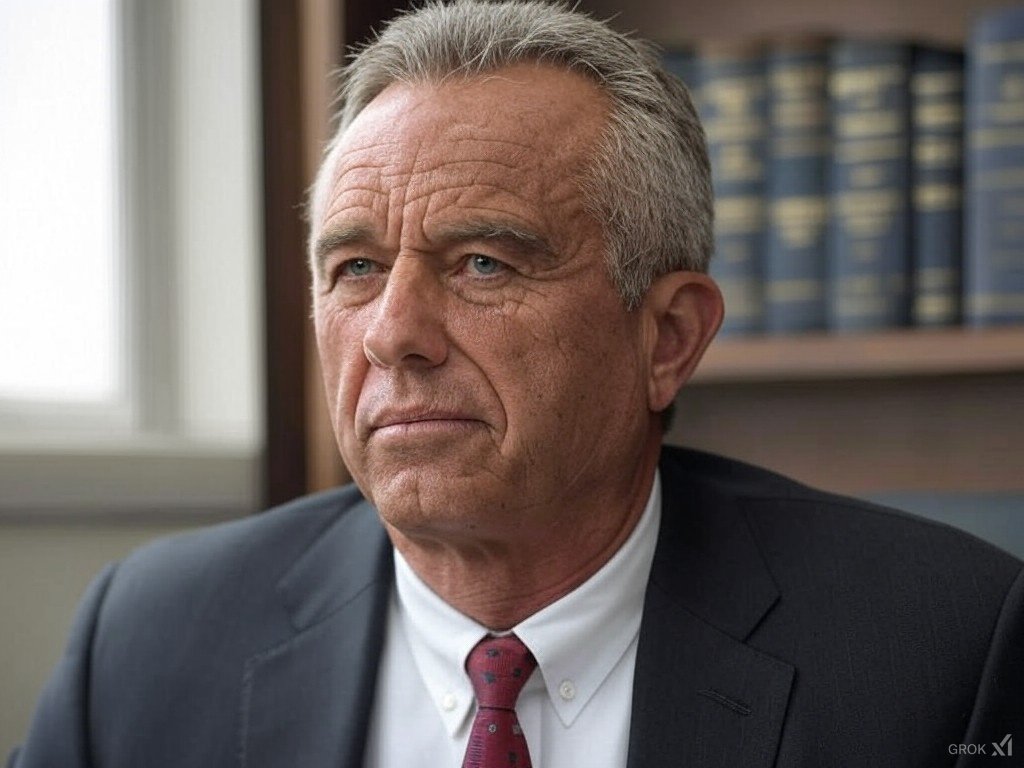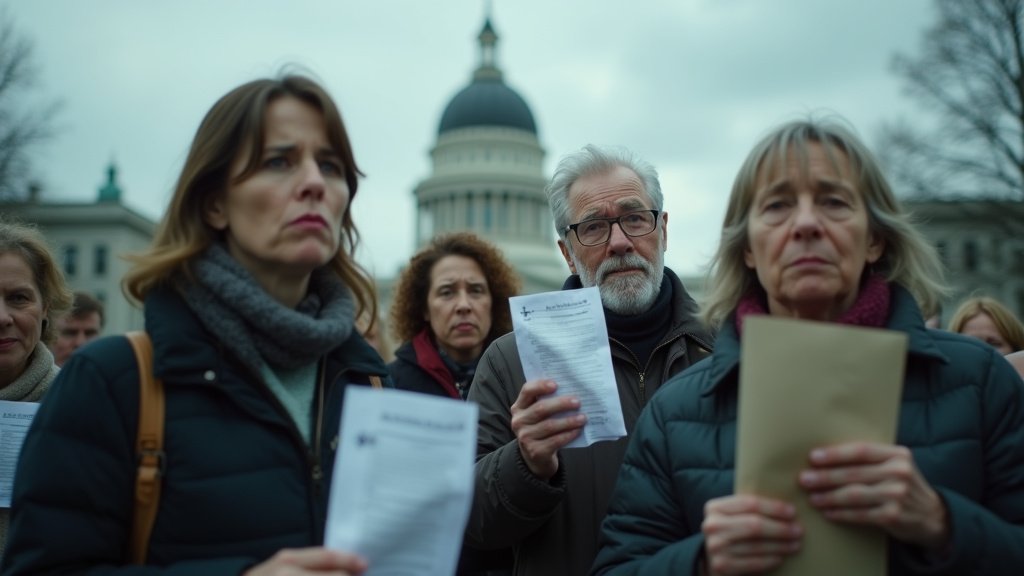Robert F. Kennedy Jr.: A Controversial Nominee’s Stance on Cannabis Legalization and Rescheduling
Robert F. Kennedy Jr., nominated by President Donald Trump to lead the U.S. Department of Health and Human Services (HHS), presents a complex and somewhat contradictory outlook on cannabis policy. While he has historically advocated for the legalization of marijuana, his recent statements during the Senate Finance Committee’s inquiry suggest a more cautious approach. Kennedy’s nomination initially sparked optimism among cannabis reform advocates, yet his responses indicate a potential departure from his previous assertions.
The Initial Optimism Surrounding Kennedy’s Nomination
Kennedy’s nomination was seen as one of the more promising developments for cannabis reform under the Trump administration. His vocal support for ending cannabis criminalization and implementing a regulated sales system created high expectations among stakeholders. Advocates believed that Kennedy would push for a system where cannabis products are taxed, with the revenue directed towards substance misuse treatment programs. This approach aligns with a broader movement towards recognizing cannabis as a legitimate medical option rather than a criminal offense.
However, the initial excitement faded as Kennedy’s responses to the Senate Finance Committee’s questions revealed a significant shift in his stance.
A Shift in Tone: Deference to the DEA
When asked about his position on rescheduling cannabis from Schedule I to Schedule III of the Controlled Substances Act (CSA), Kennedy’s response was notably non-committal. He indicated that he would defer to the Drug Enforcement Administration (DEA) regarding the scheduling of marijuana, emphasizing that “CSA scheduling is a prerogative of the DEA.” This divergence from his previous advocacy raises questions about his commitment to cannabis reform.
Senator Elizabeth Warren (D-MA) directly pressed Kennedy on whether he would work with the Department of Justice (DOJ) and the DEA to expedite the rescheduling process. Kennedy replied, “I defer to the DOJ and DEA on the allocation of their resources and the development of their priorities.” This statement suggests a reluctance to take a definitive stance on cannabis policy reform, possibly reflecting the influence of the current political climate and the DEA’s historical opposition to cannabis rescheduling.
Conservative Perspectives on Cannabis and Public Health
Kennedy’s cautious approach can be partly attributed to the prevailing attitudes within the DEA. The acting administrator, Derek Maltz, has publicly expressed skepticism about cannabis reform, labeling marijuana a gateway drug and linking it to various societal issues. Such views may influence Kennedy’s hesitance to fully endorse rescheduling or legalization, despite his previous commitments.
Kennedy’s responses to questions about two significant congressional bills—the Marijuana Opportunity, Reinvestment and Expungement (MORE) Act and the Cannabis Administration and Opportunity Act (CAOA)—further highlight his reluctance to engage with cannabis legislation. He stated, “The enactment of legislation is the prerogative of Congress,” indicating a hands-off approach that contrasts sharply with his earlier advocacy for actionable reforms.
Medical Use and Scientific Evidence
A central theme in Kennedy’s Senate hearing was his emphasis on scientific evidence as a guiding factor in decision-making. When asked about the medical value of marijuana, he stated, “If an assessment backed by robust evidence concludes that marijuana has accepted medical uses, I have no reason to question that assessment.” This statement suggests a willingness to base his decisions on objective data, yet it also highlights a potential barrier for advocates seeking swift policy changes.
Despite his past proclamations supporting legalization, Kennedy’s recent statements indicate a shift towards a more bureaucratic and evidence-based approach, which may slow the momentum for immediate cannabis reform. His call for robust evidence before endorsing rescheduling could stall efforts, particularly if the DEA continues to resist changes in cannabis classification.
Impacts on Federal Employees and Justice Reform
Another area of concern raised during the Senate hearing involved the treatment of federal employees in states with legal cannabis markets. Kennedy’s response to whether he would support policies to protect these employees from penalties was evasive, as he stated, “I defer to [the Office of Personnel Management, or OPM] for policies around federal personnel.” This response may disappoint advocates who hoped for a more supportive position regarding cannabis use among federal workers.
Furthermore, when asked about supporting the release of individuals incarcerated for cannabis offenses, Kennedy again deferred, stating, “I defer to the Department of Justice and state and local authorities for the enforcement of criminal justice.” This lack of commitment to addressing the consequences of cannabis criminalization further complicates his overall stance on cannabis policy reform.
Future Implications for Cannabis Reform
Kennedy’s nomination comes at a crucial time for cannabis policy in the United States. As more states move towards legalization and decriminalization, the role of federal agencies, particularly the DEA, remains pivotal. Kennedy’s deference to the DEA and the DOJ raises concerns about the future of cannabis reform under his leadership at HHS.
While Kennedy’s historical advocacy for cannabis legalization suggests a potential for progressive change, his current approach appears more cautious and bureaucratically restrained. The political landscape surrounding cannabis is evolving, but Kennedy’s reluctance to take a strong stance on reform may hinder progress.
Conclusion
Robert F. Kennedy Jr.’s nomination to lead the U.S. Department of Health and Human Services brings with it a mix of hope and skepticism among cannabis reform advocates. While his past support for legalization and regulated sales created a sense of optimism, his recent statements indicate a shift towards a more cautious, evidence-based approach that could delay meaningful reform. The future of cannabis policy in the United States may hinge on the balance between scientific evidence, political influences, and the evolving public perception of cannabis as a legitimate medical treatment. As the landscape continues to shift, the need for clear, decisive leadership on cannabis reform remains paramount.






